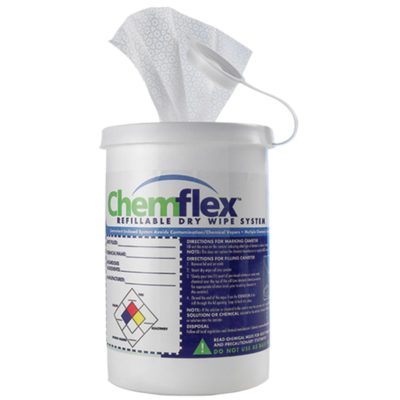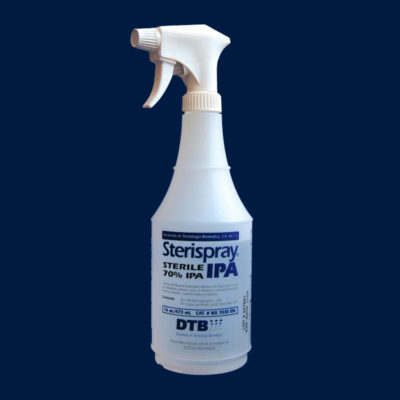Minncare HD Disinfectant
FDA 510(k) Cleared Disinfectant
Minncare HD is the first chemical disinfectant to receive an FDA 510(k) clearance for the disinfection of water purification systems for hemodialysis. Minncare HD is a peracetic acid solution developed specifically for use on hemodialysis reverse osmosis (RO) membranes and their associated distribution systems. Peracetic acid formulations were developed in 1976 and are currently being used in a wide variety of applications.
Minncare HD is only available in the United States
Description
Protect Both You and Your System
Minncare HD Disinfectant carries a 510(k) medical device clearance from the FDA ensuring that your dialysis water purification equipment disinfection procedures are fully validated. The disinfectant was specifically developed and tested for conditions present within water purification systems licensed for use in hemodialysis applications.
Elimination of Risk
Minncare HD eliminates the risk of using unregulated industrial chemicals, such as chlorine bleach, in patient treatment areas. The use of Minncare HD in a dialysis clinic will help maintain the water system in optimum condition and make it easier for the water system operator to complete an effective disinfection.
Superior Biocidal Activity
Protect reverse osmosis membranes and their associated distribution systems against short- and long-term bacterial problems. Minncare HD Disinfectant is a powerful oxidant that stops organism growth by oxidizing microbial cell proteins and enzyme systems and has been shown to be effective against biofilms.
Compatible w/ Thin Film Composite Membranes
Minncare HD Disinfectant gently and completely cleans membranes. Original Minncare Cold Sterilant has been successfully used at hundreds of locations on thin film composite membranes and cellulose acetate membranes. Many of the applications have included extended soak times.
Biodegradable and Ease of Disposal
Minncare HD Disinfectant is biodegradable and will decompose into oxygen, water and acetic acid. It poses no threat to municipal waste treatment plants.*




